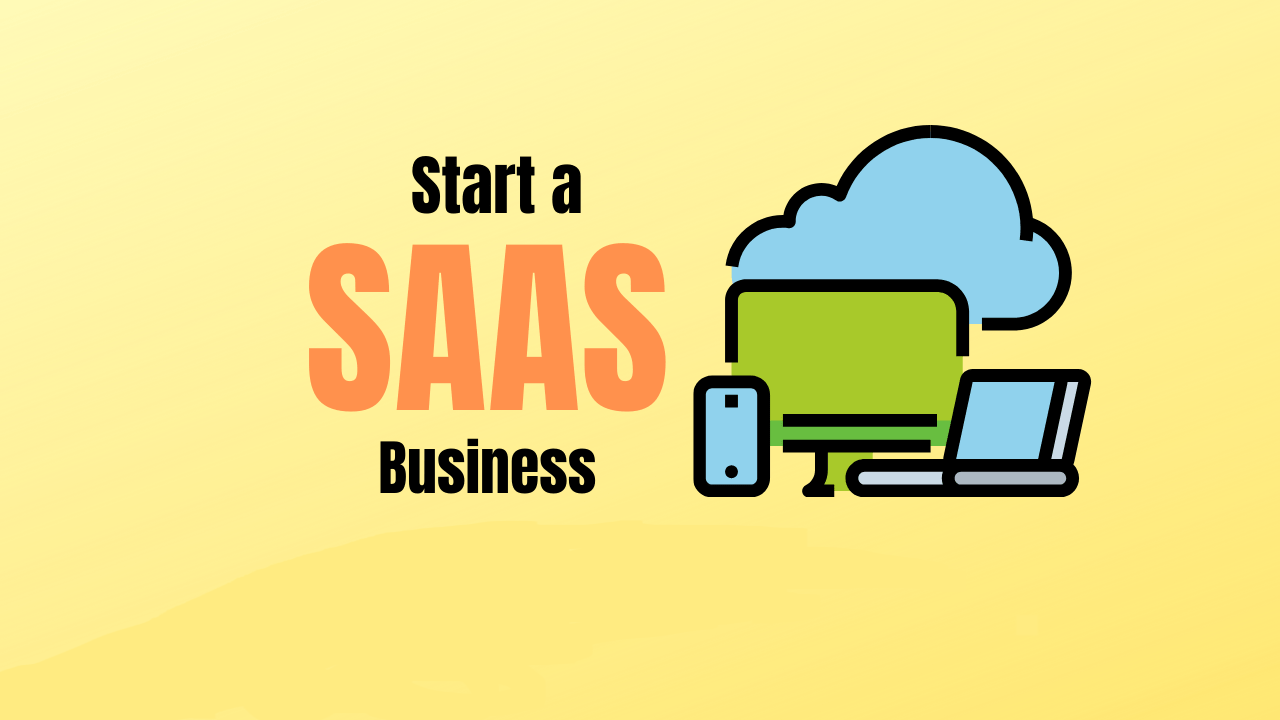Quantum computing sounds like something straight out of a sci-fi movie, right? But in 2025, it’s very much real—and poised to revolutionize how we solve complex problems. If you’ve ever wondered what quantum computing actually means, why it’s such a big deal, and how it might affect your life, you’re in the right place. Let’s break it down in simple terms and explore why this technology matters more than you might think.
What Is Quantum Computing?
At its core, quantum computing is a new type of computing that uses principles of quantum mechanics—the weird and wonderful rules that govern particles at the tiniest scales. Unlike traditional computers that use bits (which are either 0 or 1), quantum computers use quantum bits, or qubits. Qubits can be both 0 and 1 at the same time thanks to a property called superposition. Plus, qubits can be entangled, meaning the state of one instantly influences another, even over long distances.
Why Are Qubits So Special?
Imagine you’re flipping a coin. A regular computer bit is like a coin lying flat on a table—heads or tails. A qubit is like a spinning coin—both heads and tails simultaneously until it lands. This allows quantum computers to process a vast number of possibilities all at once.
Superposition and Entanglement: The Quantum Magic
- Superposition: Allows qubits to hold multiple states simultaneously, boosting computing power exponentially.
- Entanglement: Creates a strong link between qubits so that changing one affects the others instantly, enabling complex calculations.
How Quantum Computing Differs from Classical Computing
Classical computers are great for everyday tasks like browsing, texting, and gaming. They process one calculation at a time, quickly and reliably. Quantum computers, on the other hand, are designed to tackle problems with massive complexity—think of finding a needle in a haystack with millions of haystacks at once.
Real-World Applications of Quantum Computing
- Cryptography: Quantum computers can crack current encryption methods, but they also promise unbreakable quantum encryption for ultimate security.
- Drug Discovery: Simulating molecules to develop new medicines faster and more accurately.
- Optimization Problems: Improving logistics, supply chains, and financial modeling.
- Artificial Intelligence: Enhancing machine learning algorithms for smarter, faster AI.
- Climate Modeling: Analyzing complex environmental data to predict and combat climate change.
Why Quantum Computing Matters Today
We’re still in the early days, but the potential impact is huge. Industries from healthcare to finance to cybersecurity are watching closely. Governments and companies are investing billions to develop quantum technology because it could reshape economies and global security.
Challenges Facing Quantum Computing
Building a stable quantum computer is incredibly tough. Qubits are sensitive and prone to errors caused by the tiniest vibrations or temperature changes. Scientists are racing to create error-correcting codes and more robust hardware.
Quantum Supremacy: The Tipping Point
Quantum supremacy is the moment when a quantum computer solves a problem that no classical computer can solve in a reasonable time. In recent years, researchers have claimed this milestone, signaling a new era in computation.
What Quantum Computing Means for You
Though quantum computers won’t replace your laptop anytime soon, their influence will trickle into everyday life—safer online transactions, better medical treatments, and smarter tech. Staying informed about this field can help you understand how technology is evolving.
How to Learn More About Quantum Computing
- Follow accessible online courses and videos.
- Read up on companies and institutions pioneering quantum tech.
- Join discussions and forums to ask questions and share ideas.
The Future of Quantum Computing
Experts predict that within the next decade, quantum computers will become more practical and widely available. This means breakthroughs we can only imagine today may soon become reality.
Conclusion: Quantum Computing—A Giant Leap Forward
Quantum computing might seem abstract and complicated, but its potential to transform the world is undeniable. By harnessing the strange laws of quantum mechanics, this technology could solve problems that are currently impossible, opening doors to new discoveries and innovations. Whether you’re a tech enthusiast or just curious, understanding quantum computing is key to grasping the future of technology.
FAQs
1. Is quantum computing going to replace classical computers?
No, quantum computers complement classical ones by solving specific, complex problems classical computers can’t handle efficiently.
2. How soon will quantum computers be available for everyday use?
It’s likely to take years—possibly a decade or more—before quantum computing becomes mainstream.
3. Will quantum computing affect online security?
Yes, it will break current encryption but also enable new, ultra-secure quantum encryption methods.
4. Can I learn quantum computing without a physics background?
Absolutely! Many beginner-friendly resources break down concepts in easy-to-understand ways.
5. What industries will benefit most from quantum computing?
Healthcare, finance, cybersecurity, logistics, and environmental science are among the top sectors.




